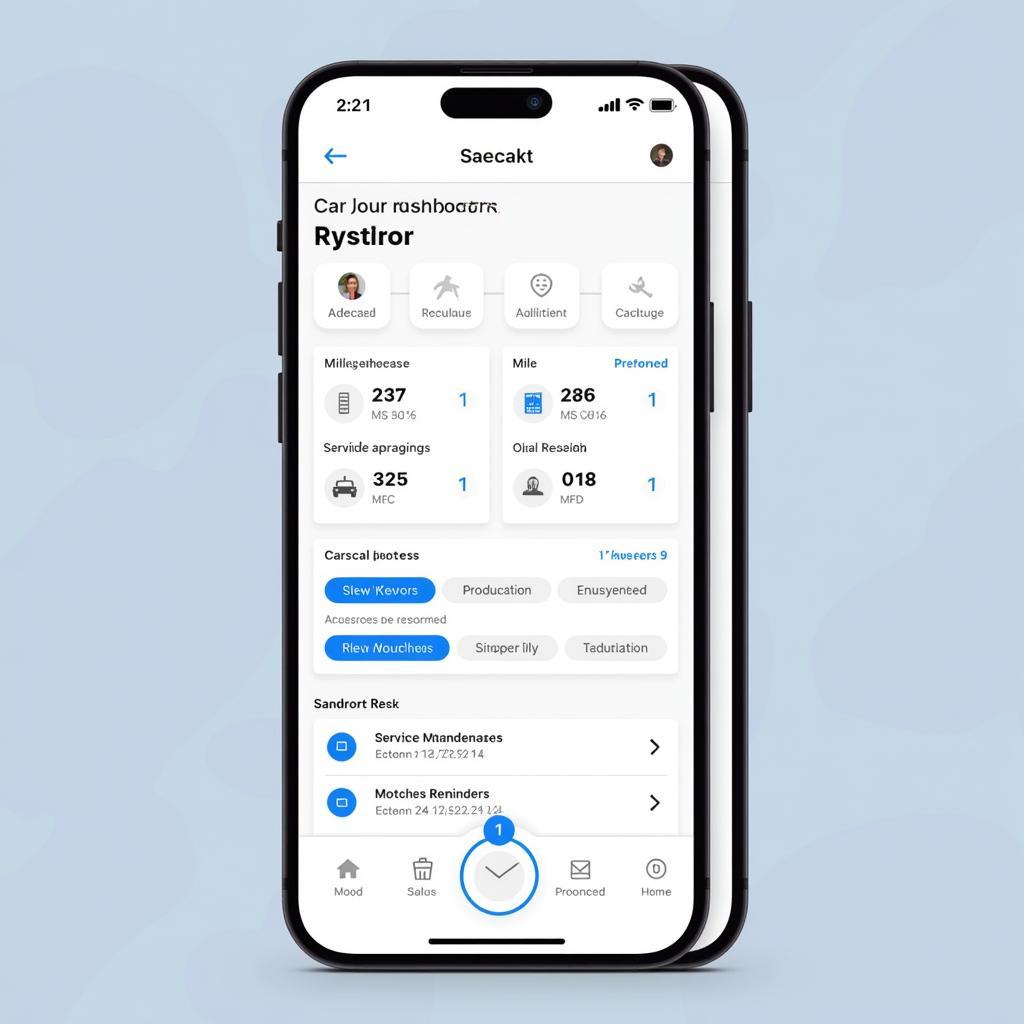It’s a common situation to find yourself in. You’ve got a car loan, but it’s weighing you down. Maybe you’re struggling to make payments, or you’re worried about falling behind. Car Loan Debt Problems can be stressful and can feel overwhelming, but there are steps you can take to manage the situation.
How to Tackle Car Loan Debt Problems
The first step is to acknowledge the issue and understand the nature of your problem. Are you struggling to make payments because of an unexpected financial hardship? Are you trying to juggle multiple debts and your car loan is taking a toll? Or are you stuck with a loan with an exorbitant interest rate? Once you pinpoint the cause of your car loan debt problems, you can start working on solutions.
1. Make a Budget and Stick to It
One of the best ways to deal with car loan debt is to create a detailed budget and track your expenses meticulously. This can help you identify areas where you can cut back and free up more cash flow to put towards your car payment. You can use budgeting apps or spreadsheets to track your spending and identify areas where you might be overspending.
2. Prioritize Your Debts
Prioritizing your debts means focusing on the ones with the highest interest rates first. This is known as the “debt avalanche method.” By attacking the high-interest debt first, you can reduce the overall amount of interest you pay over time, saving you money in the long run. Consider using a debt snowball method, where you focus on paying off the smallest debt first, which can boost your motivation and build momentum.
3. Talk to Your Lender
If you’re having trouble making your car loan payments, reach out to your lender immediately. They might be able to offer you some assistance, such as:
- Reduced Payment Plan: Your lender might offer a reduced payment plan for a set period. This can help you get back on track with your payments if you are experiencing a temporary financial hardship.
- Deferred Payment: In some cases, your lender might allow you to defer your car loan payments for a short time. This could be helpful if you have a temporary financial hardship.
- Loan Modification: Your lender might be willing to modify your loan terms, such as lowering the interest rate, extending the repayment period, or reducing the principal amount.
4. Explore Refinancing Options
Refinancing your car loan can be an effective way to reduce your monthly payments or lower your overall interest rate. However, refinancing can come with its own set of costs and risks, so it’s essential to shop around for the best rates and terms. Make sure to compare rates from different lenders to get the most competitive offer.
5. Consider Selling Your Car
If you can’t afford your car loan payments and you’re finding it difficult to make other arrangements, you might have to consider selling your car. This can be a difficult decision, but it can be the best way to get rid of your debt and start fresh. You can sell your car privately, trade it in at a dealership, or sell it to a car buying service.
Expert Tip: “I always tell my clients to explore all possible options before making any drastic decisions about their car loan. It’s important to remember that there are often solutions available if you’re willing to work with your lender and explore alternative options,” says Johnathan Miller, Certified Financial Planner.
6. Seek Professional Help
If you’re struggling to manage your car loan debt on your own, seeking professional help from a credit counseling agency can be beneficial. They can provide personalized guidance and support to help you create a debt management plan and navigate the complexities of your situation.
Frequently Asked Questions (FAQs)
-
What happens if I don’t make my car loan payments?
- If you don’t make your car loan payments, your lender can take action to collect the debt. This could include reporting the missed payments to credit bureaus, which can damage your credit score. They may also pursue legal action, which could result in a wage garnishment or even the repossession of your vehicle.
-
How can I avoid car loan debt problems in the future?
- Before taking out a car loan, make sure you can afford the monthly payments. Compare rates and terms from multiple lenders to ensure you are getting the best possible deal.
-
Can I use a credit card to pay off my car loan?
- This might seem like a quick fix, but it can lead to further debt problems, especially if you have a high credit card interest rate. Using a credit card to pay off a car loan can create a cycle of debt that can be difficult to escape.
-
What if my car is worth less than I owe on the loan?
- This is called being “underwater” on your loan. You could consider selling the car, taking a loss, and using the proceeds to pay down the loan. You could also try to refinance the loan to get a lower interest rate and reduce your monthly payments, even if it means extending the loan term.
-
Can I get a new car loan even if I have bad credit?
- Yes, but you will likely have to pay a higher interest rate. Consider improving your credit score before applying for a new loan. You can work on improving your credit by making all of your payments on time, keeping your credit utilization low, and paying down existing debt.
If you’re facing car loan debt problems, it’s important to remember that you’re not alone. There are resources available to help you manage your debt and get back on track. Don’t hesitate to reach out to your lender, a credit counseling agency, or a financial advisor for assistance.
Autotippro can help you understand your car loan debt problems and find the best solutions for your situation. Call us today at +1 (641) 206-8880 to get started. We are located at 500 N St Mary’s St, San Antonio, TX 78205, United States. We’re here to help.






Leave a Reply